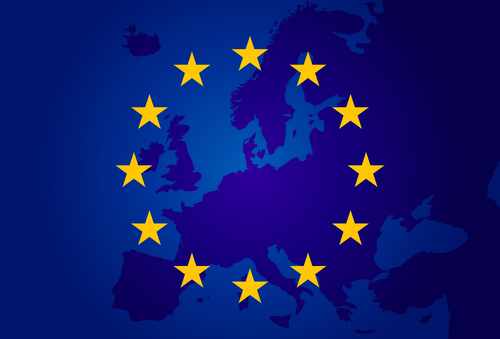Regulatory compliance refers to the adherence to laws, rules, and guidelines relevant to a particular industry. These regulations are set by government bodies, industry associations, and international entities, covering a spectrum of areas such as data protection, financial reporting, environmental standards, and more. Achieving and maintaining regulatory compliance involves comprehensive understanding, proactive measures, and continuous adaptation to the evolving regulatory environment.
One of the key reasons why Regulatory Compliance is paramount is its role in safeguarding the interests of stakeholders. Whether it's customers, employees, investors, or the public, compliance ensures that an organization operates ethically and responsibly. Failure to comply with regulations can lead to severe consequences, including legal actions, financial penalties, reputational damage, and even business closure.
Financial regulations are particularly stringent, given the potential impact on global economies. For instance, Sarbanes-Oxley (SOX) Act in the United States was enacted to enhance corporate governance and financial reporting transparency. Companies are required to establish and maintain internal controls, ensuring the accuracy and reliability of financial information. Non-compliance with SOX can result in fines, imprisonment, and a loss of investor confidence.
Data protection regulations, such as the General Data Protection Regulation (GDPR) in the European Union, are designed to protect individuals' privacy rights. Organizations that handle personal data are obligated to implement robust security measures, obtain consent, and notify authorities in the event of a data breach. The financial repercussions of GDPR violations are substantial, emphasizing the need for a comprehensive data protection strategy.
Environmental regulations are another critical aspect of regulatory compliance. With the increasing focus on sustainability, businesses are compelled to adhere to strict standards to minimize their impact on the environment. Failure to comply with environmental regulations can lead to fines, legal actions, and damage to a company's reputation.
To navigate the complex landscape of regulatory compliance for wireless devices, organizations must adopt a proactive approach. This involves conducting regular compliance audits, staying informed about changes in regulations, and implementing effective compliance management systems. Investing in technology solutions that automate compliance tracking and reporting can streamline these processes, ensuring accuracy and efficiency.
Furthermore, fostering a culture of compliance within the organization is essential. This involves educating employees about relevant regulations, providing training programs, and creating a framework for reporting and addressing compliance issues. Compliance should be integrated into the organization's values, emphasizing ethical behavior and responsibility at all levels.















Write a comment ...